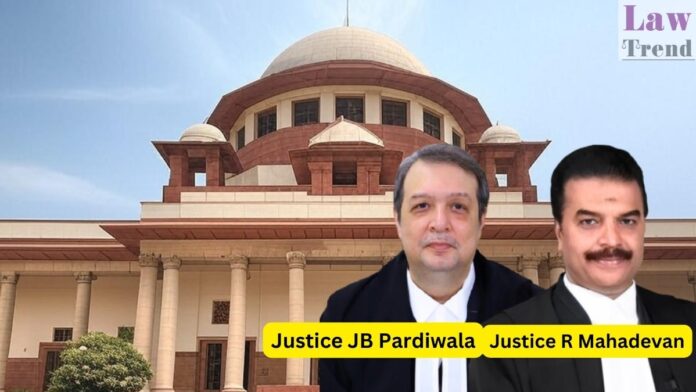In a significant ruling, a Supreme Court bench comprising Justice J.B. Pardiwala and Justice R. Mahadevan. held that imprisonment of a judgment debtor in an execution proceeding is a “drastic step” that cannot be ordered without adequate proof of willful disobedience of a court decree. The ruling came in the case of Bhudev Mallick Alias
To Read More Please Subscribe to VIP Membership for Unlimited Access to All the Articles, Download Available Copies of Judgments/Order, Acess to Central/State Bare Acts, Advertisement Free Content, Access to More than 4000 Legal Drafts( Readymade Editable Formats of Suits, Petitions, Writs, Legal Notices, Divorce Petitions, 138 Notices, Bail Applications etc.) in Hindi and English.




